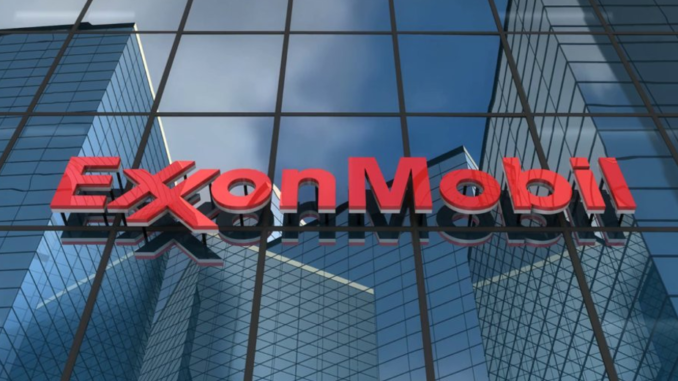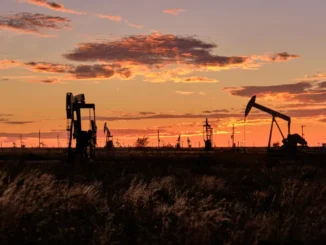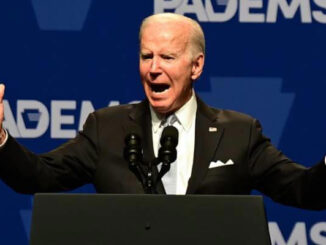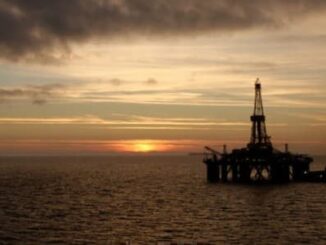
Oil and gas markets may be tight for another three to five years as the industry tries to catch up with underinvestment in new production due to the pandemic, ExxonMobil CEO Darren Woods said June 21.
Two years of a “significant reduction” in investment in exploration while the industry put more focus on “rebuilding the balance sheet” due to COVID-19 is likely to leave the oil market “fairly tight” for the next three to five years as the industry tries to catch up, depending on what happens to demand, Woods told the Qatar Economic Forum in Doha.
Oil and gas prices have surged in the wake of Russia’s February invasion of Ukraine, which has prompted many European buyers of Russian hydrocarbons to seek alternatives, including gas from Qatar.
Qatar’s energy minister Saad al-Kaabi, who told the conference that QatarEnergy would be announcing ExxonMobil as a partner in its North Field East LNG expansion later June 21, echoed Woods’ comments, saying that underinvestment is the “underpinning reason” why prices have climbed.
Meanwhile Kuwait Petroleum Corp’s deputy chairman and CEO Shaikh Nawaf Saud Al-Sabah said that Kuwait is “committed to making the investment necessary to ensure we can meet the increasing demand in hydrocarbons going into the future.”
After 80 years of producing oil and gas onshore, Kuwait has taken the first step to offshore exploration and last week got its first offshore oil drill, which will spud “soon,” he told the conference.
Kuwait is limited to current oil production of 2.768 million b/d under its OPEC+ allocation, but “we can go higher than that,” he added.
Al-Zour
Kuwait’s Al-Zour refinery, with capacity of 615,000 b/d, “should be online by the end of the year,” Sabah said. The refinery started test runs in 2020 and was initially expected to come online by the end of 2021.
ExxonMobil is also one of the few companies in the US that is investing in refining, with a 250,000 b/d expansion underway at its Beaumont refinery in Texas that is equal to a new refinery, with work started in 2017, Woods said. “We had this understanding we will continue to need oil and gas” so ExxonMobil increased capital expenditures by 25% last year and will do the same this year.
At the same time, emissions are going down, he said. “Our view is you can do both: lowering emissions and continuing to invest,” Woods said.
Qatar’s North Field East expansion involves four trains to boost LNG production by 32.6 million mt/year. Including the second phase of the expansion, total LNG production will increase to 126 million mt/year by 2027 from 77 million mt/year currently.
The first phase of the North Field expansion will cost $28.75 billion, making it one of the largest energy projects anywhere. The field, which Qatar shares with Iran, is the world’s largest offshore gas field.
TotalEnergies on June 12 became the first partner in North Field East, winning a 25% stake in one train, or 6.25% in the entire project. Italy’s Eni on June 19 won a 25% stake in half a train, or 3.125% in the whole project, marking the first time the Italian company will be involved in Qatar LNG. ConocoPhillips became the third partner at a signing ceremony on June 20 with a 3.125% stake in the whole project. ExxonMobil’s share will be 6.25% of the entire project, Kaabi said. ExxonMobil has a long history in Qatar, having opened its first office in the country in 1955, Woods said. The two companies also work together on Barzan gas in Qatar, along with projects in the US and Italy and development of the LNG “mega train,” he said.
Asked if there is a chance to accelerate North Field East, Kaabi said he will be happy if the project finishes on time.
For buyers seeking supplies now, “the volumes we have are very limited and are almost all sold,” he said.
Source: Spglobal.com



